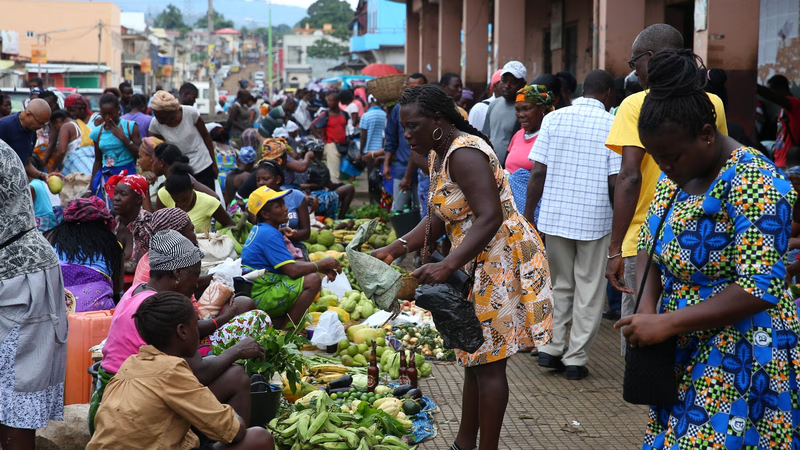
Trading with Angola can offer attractive opportunities, especially in the oil and gas, mining, agriculture, and construction sectors. Angola is one of the largest oil producers in Africa, and this industry plays a significant role in its economy. However, Angola`s economy is heavily dependent on oil exports, which can pose challenges due to oil price fluctuations. In recent years, the government has been working to diversify the economy and create opportunities in other sectors.
To start trading with Angola, it`s important to familiarize yourself with the country`s import and export regulations, customs laws, and tax system. Having a local partner can help you better understand the market and reduce risks. The official language is Portuguese, so being able to communicate in this language is a significant advantage. Angola`s financial and economic system is in transition, with the government striving to improve the business environment through economic reforms. The National Bank of Angola plays a crucial role in regulating financial policies, and recent efforts have been made to control inflation and stabilize the exchange rate. However, challenges such as corruption, bureaucracy, and inadequate infrastructure still exist and may impact trade.
Angola`s consumer market, with a young and growing population, presents good opportunities for consumer goods. Increasing demand for consumer products, services, and new infrastructure has attracted foreign investors. However, a deep understanding of the business culture and consumer behavior in Angola is essential for success in this market. Paying attention to economic and political changes in the country and region is also important for managing trade risks.
-
 Gpab 2 months ago
Gpab 2 months ago Angola
Natural Stone, gemstone, mineral metal
Angola
Natural Stone, gemstone, mineral metal
Meteorite of west Africa 3.kg Fallen: 2020Details
Angola"s economic landscape in 2025 presents complex opportunities for traders and investors, particularly in the context of its recent trade dynamics. Notably, Angola"s merchandise import value index has experienced a sharp decline, dropping from 156. 5 in 2022 to an estimated 91. 4 in 2023. This contrasts starkly with the global average, which saw a modest increase from 118. 57 to 101. 09 over the same period. This significant divergence suggests a contraction in Angola"s import activities, potentially driven by fluctuations in domestic demand or exchange rate volatility.
In terms of merchandise export dynamics, Angola"s export value index also fell considerably from 148. 7 in 2022 to an estimated 74. 3 in 2023, whereas the global average maintained a relative stability, shifting from 117. 99 to 102. 25. This decline is coupled with a decrease in the export unit value index, which plummeted to 74. 4 in 2023 from 146. 9 in 2022.
Such trends indicate potential challenges in Angola"s export market competitiveness, possibly influenced by external economic pressures or internal production constraints. Despite these challenges, Angola"s official exchange rate has shown volatility, with an increase to 685. 020 in 2023, surpassing the global average exchange rate of 697. 56. This could reflect currency stabilization efforts or external monetary influences. For businesses exploring opportunities in Angola, these dynamics suggest a need for strategic market entry planning. The contraction in import and export indices points to a transitional phase in Angola"s trade environment. Utilizing platforms like Aritral.
com, which offers AI-driven B2B solutions for commodity trade, can provide valuable insights into navigating Angola"s complex market. By creating a business profile on Aritral. com, traders can leverage direct communication tools and global sales assistance to effectively engage with Angolan counterparts and optimize their market strategies.

